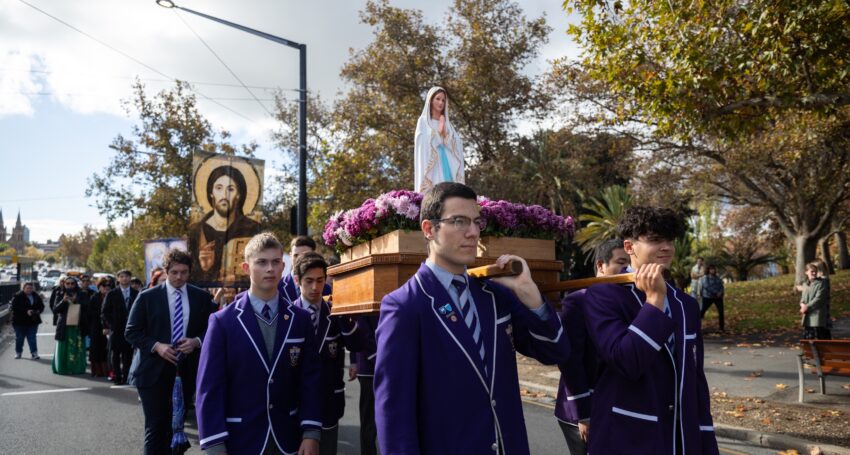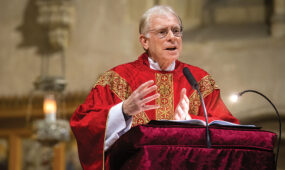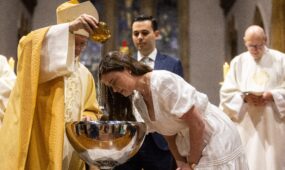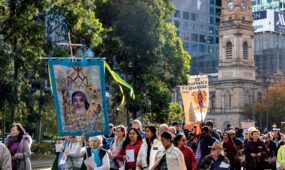Ordinary holiness
Opinion
In our Christian story, down through the ages the idea of vocation is centred around the notions of being called to be, to listen and discern, and to respond by acting out of a particular view of life or context that is grounded in the life of Christ.

Often in the past, the term ‘vocation’ was understood by many to refer to a particular calling to priesthood and religious life; these callings are still an important part of the Christian response to God, and they continue to be important expressions of vocation, or call and response to God, for today.
Following the Second Vatican Council, the Church reminded us that we are all called to the fullness of life and holiness in whatever role we undertake in life. Since the time of Jesus we have heard of many who were called by Jesus to ‘come and see’ what Jesus was on about. He called particular individuals to discipleship, including them in his ministry of hope, healing and liberation: a challenge to all of them to be willing to stand alongside the poor, the marginalised, the outcast.
Advertisement
Those disciples were ordinary people, earning their livelihood through regular work. The gospels tell us of times when they had more questions than answers; like us, they had the capacity to get things wrong but also demonstrated a willingness to keep trying to work things out by remaining in close contact with Jesus. The example of Jesus in reaching out to those in great need was a beacon of light for them; identifying with Jesus meant trying to live in the same manner in a way that honoured all people and supported them.
When we are baptised, we are named and claimed for Christ; it is God’s love that surrounds us and calls us into the community of God. Our baptism identifies us as Christians and makes of us a new creation, and in this lies our greatest dignity as human beings. The love of God through Christ remains with us, no matter what happens in our lives: the love of God is always there, calling us God-wards.
Advertisement
Pope Francis refers us to this reality when he talks about all the baptised being called to be missionary disciples, that is, those who are attentive to God’s Word, who hear the good news of the gospel, and spread that good news to the world. All of us, through our baptism, are called and entrusted with the mission of bearing witness to the presence of Christ in our world as we strive to live lives worthy of our calling as Christians.
Our Christian story down through the ages provides us with the example of many ordinary people who ‘got the message’ and were able to respond to the needs and people of their times. Some of these people we refer to as saints, or holy people, to whom we can look for inspiration and courage in times of challenge, difficulty, lack of faith. Many of these people we regard as saints also had their doubts, sufferings, wavering faith, but remained faithful to their baptismal calling and persevered.
Related Story
 Opinion
Opinion
No one is called to follow on their own
Mary, the Mother of Jesus, is surely a great role model for us. We know her to have been a woman of great faith; she was ever attentive to God and freely assented to God’s plan for her. Despite the many challenges and difficulties she experienced in her lifetime, she remained faithful to the God who called her and shows us the way to keep our focus on her Son, Jesus. We will soon celebrate the feast of the Assumption of Mary into heaven, a feast that recognises her role as Mother of the Church and our mother. Mary’s vocation – her call and response to God – stands out as a beacon of light for all of us who strive to live out our Christian vocation daily.
Kathy Horan is RCIA coordinator with the Adelaide Archdiocese.






